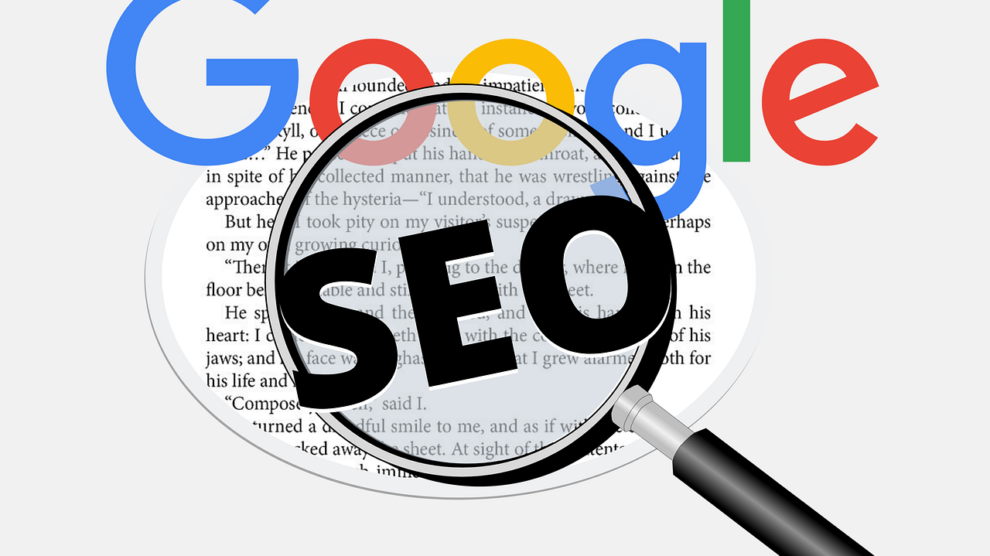To get a top ranking on Google, you need to optimize your website for the search engines. This requires a lot of work on your part. But when done properly, on-page SEO will help your website get more traffic and conversions. In addition to that, you will also get a lot of traffic from the right audience.
Structured Data

One of the most important parts of on-page SEO is the use of structured data. This allows search engines to better understand the content of a page, which can influence the rankings. It is important to include structured data in nearly every URL on your website. For example, you should include structured data in your product reviews, recipe content, and article markup. There are free tools available that can help you add structured data to your site.
You can use the schema markup validator to test your snippet.
You can use schema markup on your site to give potential clients rich information about your products or services.
Although schema markup doesn’t directly affect rankings, it plays a big role in determining how search engines display a page. It makes the SERP result more detailed and therefore increases the click-through rate. This is because readers are more likely to visit a website that appears to satisfy their search query.
Meta Description
When optimizing your website for SEO, it’s important to follow the most important rules and elements. Whether you are doing seo for home services or an ecommerce website creating good meta descriptions is vital, as this tells Google what the page is about. The more compelling and unique your meta description is, the more likely it is to get clicked and lead to increased traffic.
Optimize Your Images and Alt Tags
You should also include text to your image alt tags. This makes the content more readable and easy to understand for search engines. For example, if you’re selling a product, adding alt text to the product photo can help the search engine understand your intent. This will increase your site’s ranking on Google.
Improve Your Website’s Speed and Performance
Performance is another important aspect to consider when optimizing a page. Search engines rank websites that are fast and secure, and offer a good user experience. By using an on page SEO checklist, you can ensure that your site’s pages are optimized to deliver the best experience possible. Page speed affects user experience, conversion rate, and usability.
Keyword Density
One of the most important elements of your website is its content. You must make sure that the content you publish on your website is relevant to your readers’ interests and concerns. You must also consider the competitiveness of your keywords. This applies to both national and local keyword rankings. A keyword with less competition will be easier to rank for than one with high competition. Make sure that your content focuses on keywords that have low competition and can build domain authority.
Optimize Your Title Tags
Besides keywords, you should also pay attention to the title tag. This is one of the most important elements of your website that can make or break your ranking. It should be clear and fit the page properly. You must also optimize your title tag with the help of keyword research and A/B testing.
XML Site Map
The first step in implementing the XML site map for your website is to ensure that the search engines can easily index it. It is also helpful for ranking your website because it tells the search engines what URLs are located on your website. The Yoast SEO plugin will help you create this file automatically.
The XML site map is a helpful addition to your on page SEO. It helps the search engines understand your site pages, especially if your website has dynamic content. It tells the search engines which pages are frequently updated and which ones are important. This is especially important if you have a mobile website.
Optimizing Page Structure
Whether you own a large company or a small business, there are several things you need to keep in mind when it comes to search engine optimization. The first is to make sure that the meta titles and meta descriptions on your website are as relevant as possible. Ideally, they should describe your content. Use keywords that are relevant to your content and avoid using keywords that are not related.
Using Yoast SEO Plugin
In addition to optimizing your site for Google, Yoast SEO also helps you fine-tune your content. It analyzes your website’s content and makes suggestions based on specific seo ranking factors. This can lead to higher quality traffic and lower bounce rates. Yoast SEO also helps you optimize the alt text of your images, which is helpful for boosting your search results.
Once installed, you should go to the WordPress dashboard and look for Yoast SEO. Click on the plugin icon and configure it for your website. Yoast also offers an SEO checklist, which details steps for optimizing your site. This checklist is important if you want to maximize your website’s search engine rankings.
You can also customize Yoast SEO by setting the search engine visibility options to your website. These settings will determine whether or not your posts and pages will be listed in Google’s search results. By default, the plugin sets these options to yes. This helps your pages and posts get indexed faster and attract more visitors. Yoast also requires that you notify Google about multiple authors to avoid duplicate content issues.
You can choose to install the plugin on an existing site or one that is still under construction. If the latter option, make sure to switch off indexing until the website is no longer under construction. Yoast also asks what kind of website it is. This information will help it determine the correct schema data for your site.
Conclusion
Your On Page SEO is a foundation for your SEO work. If done correctly you will see improvements in rankings. We hope this on page SEO guide was helpful.





